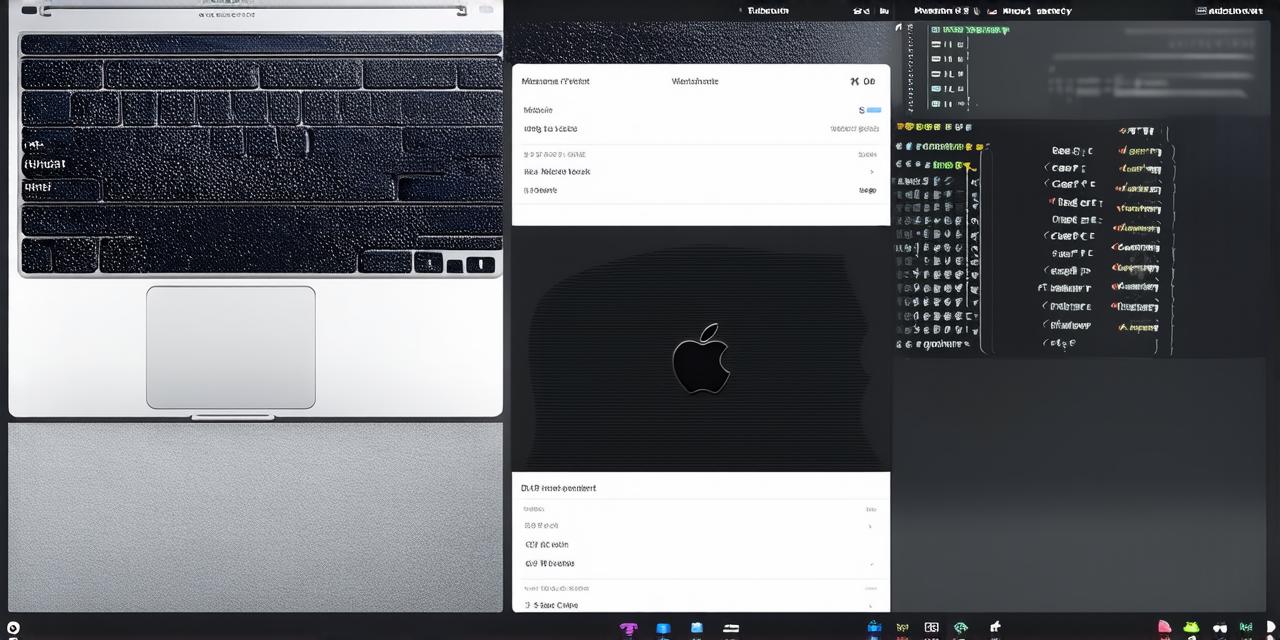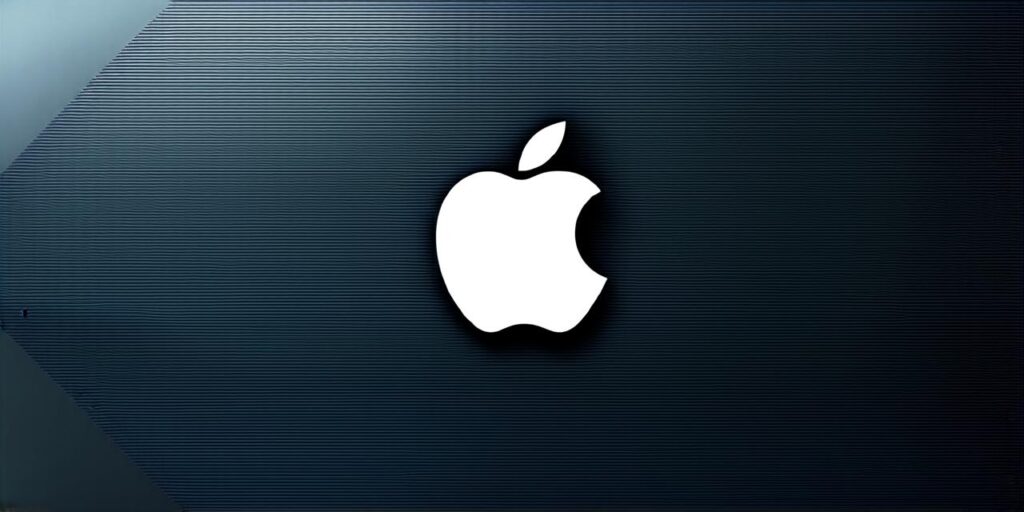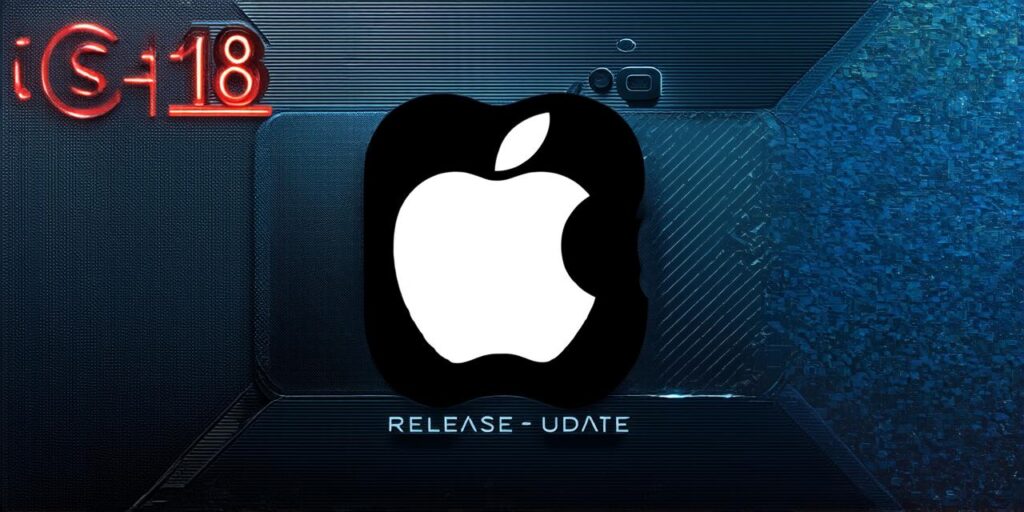Key Skills Required for iOS Development
As an iOS developer, you are responsible for designing and developing mobile applications for Apple’s iOS platform. This platform is used by millions of people worldwide, making it a highly sought-after skill in the tech industry.
Programming Languages
The primary programming language used in iOS development is Swift, which was introduced by Apple in 2014. Objective-C is another programming language that can be used in iOS development, but it is less popular than Swift. Both languages are object-oriented and have similar syntaxes.
Frameworks and Libraries
iOS developers rely on frameworks and libraries to simplify the development process and add functionality to their applications. Some of the most commonly used frameworks include:

- UIKit: This framework provides a set of tools for creating user interfaces in iOS applications.
- Core Data: This framework allows developers to manage data storage and retrieval in iOS applications.
- ARKit: This framework provides tools for developing augmented reality experiences in iOS applications.
Design Skills
iOS developers must have strong design skills to create visually appealing and user-friendly interfaces. They should be familiar with design principles such as color theory, typography, and layout.
Debugging and Troubleshooting
Debugging and troubleshooting are critical skills for iOS developers. They should be able to identify and fix issues in their code efficiently.
Platform Knowledge
iOS developers must have a deep understanding of the iOS platform, including its hardware and software specifications, to create applications that run smoothly on different devices.
Tools Used in iOS Development
Integrated Development Environments (IDEs)
An IDE is a software application that provides a comprehensive environment for writing, debugging, and testing code. There are several IDEs available for iOS development, including:
- Xcode: This is the official IDE for iOS development and includes features such as a code editor, debugger, and simulator.
- AppCode: This is an open-source IDE that supports both Swift and Objective-C.
- Visual Studio Code: This is a free and open-source IDE that supports Swift development.
Version Control Systems
Version control systems are used to manage code changes and collaborate with other developers. Git is the most commonly used version control system in iOS development, with popular tools such as Bitbucket, GitHub, and GitLab.
Debugging Tools
Debugging tools are essential for identifying and fixing issues in the code. Xcode includes a built-in debugger that allows developers to step through the code and set breakpoints. There are also several third-party debugging tools available, such as Breakpoint.io and AppDynamics.
Testing Frameworks
Testing frameworks are used to ensure that the application works correctly and meets the required quality standards. The most commonly used testing framework for iOS development is XCTest, which is integrated with Xcode.
Case Study: Developing a Weather Application
Let’s take a look at an example of how an iOS developer would go about developing a weather application.
First, the developer would start by designing the user interface using Sketch or another design tool. They would create screens for displaying the current temperature, forecast for the next few days, and any other relevant information.
Next, they would write the code to fetch the weather data from an API such as OpenWeatherMap. They would use Swift to write the code and incorporate the necessary frameworks such as Alamofire for making HTTP requests and SwiftyJSON for parsing the JSON response.



